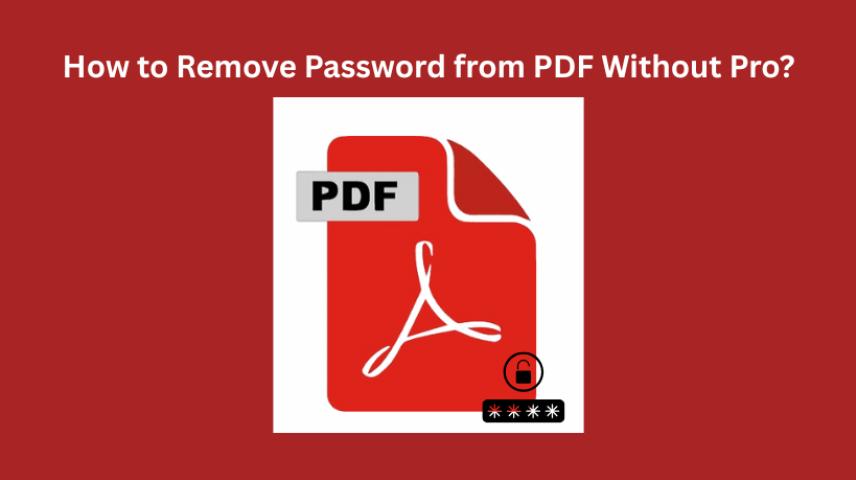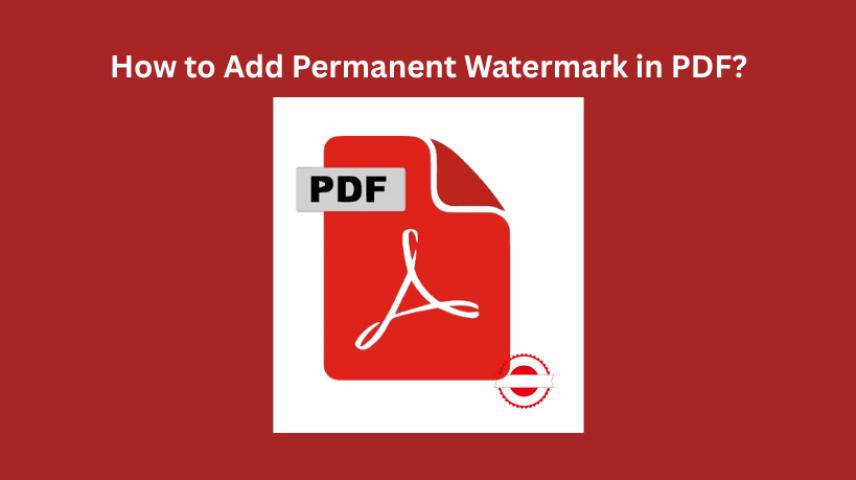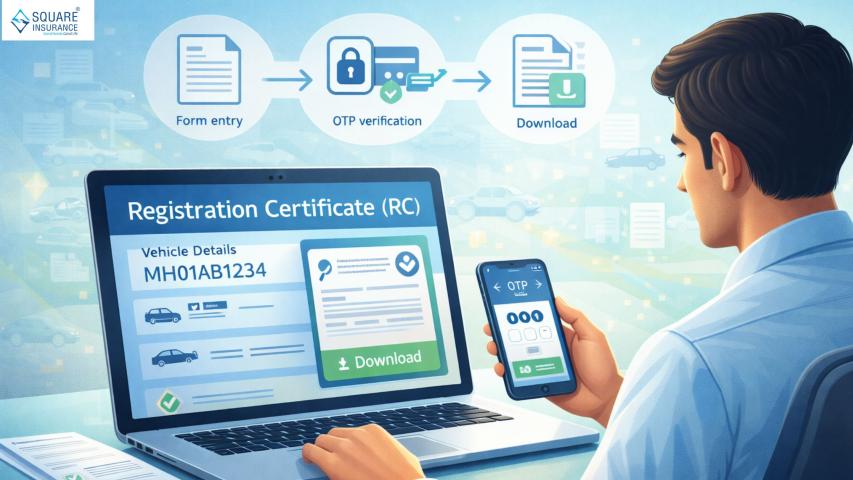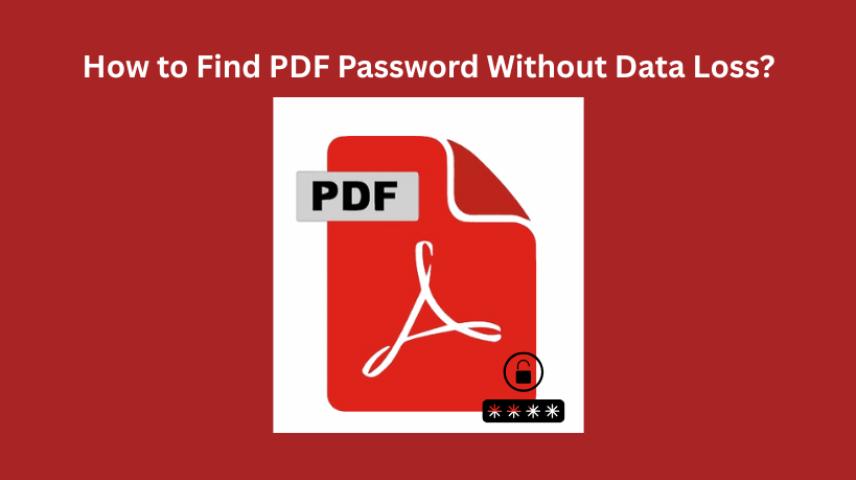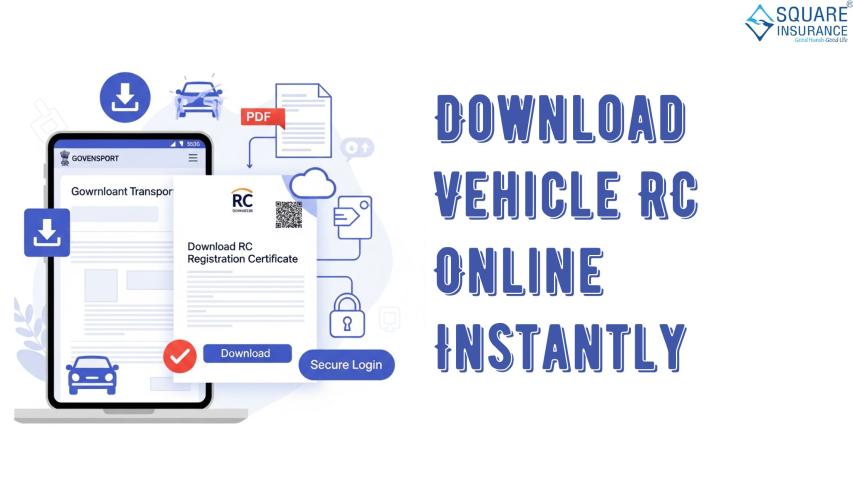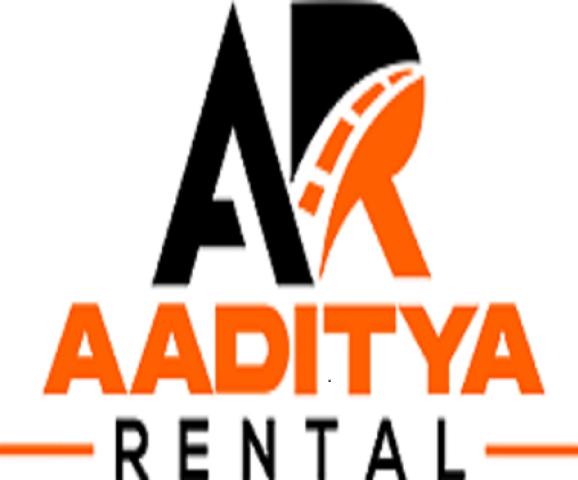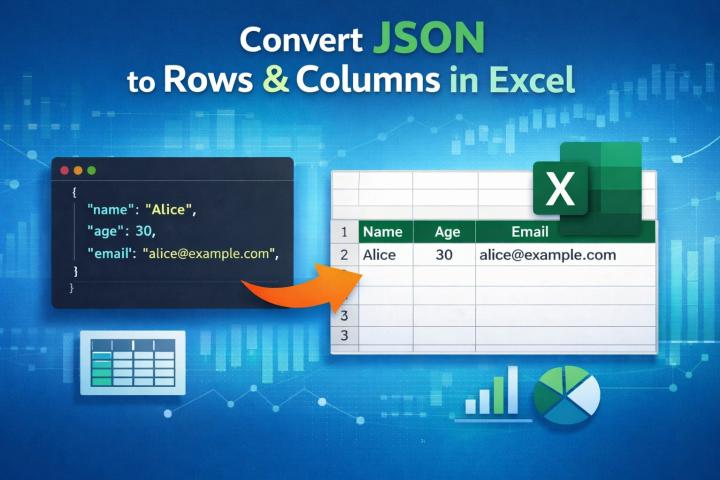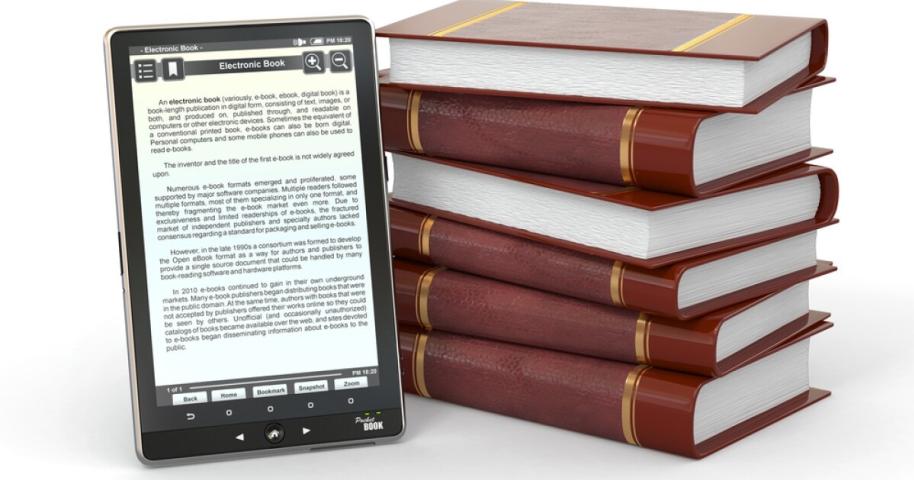For CPAs, EAs, and accounting firms, tax
season is the most demanding time of the year. With numerous deadlines,
evolving tax laws, and high client expectations, preparation is key to ensuring
smooth operations. By staying organized and leveraging the right tools, firms
can increase efficiency, reduce stress, and enhance client satisfaction.
At Unison Globus, we specialize in providing outsourced
tax preparation, bookkeeping, and CPA support services to help firms navigate
the complexities of tax season with ease. Our CPA services
are designed to assist accounting firms in managing high-volume tax filings,
ensuring compliance, and optimizing operational efficiency.
This guide provides a step-by-step tax
preparation checklist, covering key deadlines, essential document
organization, technology integration, tax law updates, client communication
strategies, and workload management tips. Whether you’re an independent CPA or
part of a growing accounting firm, this checklist will help you stay ahead
during tax season.
Understanding Key Deadlines
Federal Tax Deadlines 2025
Missing tax deadlines can result in consequences
and unnecessary stress. Here are some critical dates to remember:
- January 31, 2025 – Deadline for
employers to issue W-2s and 1099s to employees and independent
contractors.
- March 15, 2025 – Filing deadline
for S corporations (Form 1120-S) and partnerships (Form 1065).
- April 15, 2025 – Individual tax
returns (Form 1040), C corporation tax returns (Form 1120), and first
quarter estimated tax payments are due.
- June 15, 2025 – Second quarter
estimated tax payments due.
- September 15, 2025 – Third quarter
estimated tax payments and extended deadlines for S corporations and
partnerships.
- October 15, 2025 – Final deadline
for extended individual tax returns (Form 1040).
State Tax Deadlines
Each state has its own tax deadlines and
requirements. CPAs and accounting firms should verify:
- State-specific tax filing dates
- Quarterly estimated tax deadlines
- Unique state regulations affecting
deductions, credits, and compliance
By maintaining an updated state tax
deadline calendar, firms can proactively manage client filings and avoid
last-minute complications.
Organizing Client Information
Gathering Necessary Documents
Clients should provide all relevant
financial documents in a timely manner. A tax document checklist should
include:
ü Income-related documents: W-2s, 1099s,
K-1s, and investment statements
ü Expense records: Mortgage interest (Form
1098), business expense receipts, and medical bills
ü Tax compliance forms: Prior-year tax
returns, state-specific tax documents, and IRS correspondence
Tip:
Encourage clients to use secure portals for document submission to ensure data
security and streamline the collection process.
Implementing a Document Management System
A digital document management system
simplifies tax season preparation by:
ü Reducing paper clutter and improving accessibility
ü Enhancing data security with encrypted storage
ü Facilitating quick retrieval of client records
Recommended tools:
- Canopy – Secure cloud-based tax
document storage
- Drake Documents – Integrated
solution for CPAs
- Smart Vault – Easy file sharing for
accountants
Investing in the best document
management software for accountants ensures seamless client data
organization.
Section 3: Leveraging Technology
Tax Preparation Software
ü Choosing the right tax software is
crucial for accuracy and efficiency. Best tax preparation software for 2025
should offer:
ü Automated tax calculations for reduced
errors
ü Seamless e-filing for federal and state
tax returns
ü Client portals for secure document
exchange
Top picks for CPAs:
- UltraTax CS – Comprehensive tax
compliance
- Lacerte – Best for complex tax
returns
- Drake Tax – Affordable and
user-friendly
Automation Tools for Efficiency
Using tax automation tools can help
accounting firms streamline repetitive tasks, including:
ü Automated data entry – Reduces manual
errors
ü AI-powered tax review – Identifies
compliance issues
ü Automated client reminders – Keeps
clients on track
Recommended tax automation tools:
- TaxDome – CRM & workflow
automation
- Xero Tax – Cloud-based tax
automation
- Karbon – AI-driven accounting
workflow
By integrating tax software for CPAs
and automation tools, firms can save time, enhance accuracy, and improve client
service.
Staying Informed of Tax Law Changes
Federal Tax Law Updates for 2025
Recent IRS tax law changes impact
deductions, credits, and filing requirements. Key updates include:
- Changes to standard deductions and tax brackets
- Modifications to business tax credits
- New IRS compliance requirements
Stay informed: Subscribe to IRS updates and leverage tax research platforms like Checkpoint
or Bloomberg Tax.
State Tax Law Changes
Tax regulations vary by state, with new
laws affecting:
- State-specific deductions and credits
- Compliance rules for remote workers
- Updates on corporate tax rates
Tip: Use state
tax tracking tools like Avalara or CCH Answer Connect to stay up to date.
Enhancing Client Communication
Effective Communication Strategies
Clear and proactive communication helps
manage client expectations. Best practices include:
ü Sending tax reminders via email or text
ü Hosting webinars on tax law changes
ü Providing FAQs to address common tax concerns
Recommended tools for client
communication:
- Practice Ignition – Automates
client engagement
- Slack or Microsoft Teams – Improves
internal and client collaboration
Client Education Resources
Educating clients about tax season improves
compliance and trust. Provide:
ü Downloadable tax preparation checklists
ü Informative tax planning newsletters
ü One-on-one tax season consultations
Tip: Offer a
"Subscribe for Tax Tips" option to keep clients engaged
year-round.
Managing Workload and Stress
Time Management Techniques
To avoid burnout, CPAs and accounting firms
should:
ü Prioritize high-value tasks and batch
similar work
ü Set realistic client expectations
ü Take breaks to maintain focus
Delegation and Outsourcing
Outsourcing non-core tasks can help firms
stay efficient. Consider:
✔ Outsourcing
tax preparation to reliable third-party providers
✔ Hiring
seasonal staff for administrative work
✔ Using
virtual assistants for appointment scheduling
Why outsource?
1.
Reduces workload during peak
season
2.
Improves turnaround time for
clients
3.
Allow firms to focus on
high-level advisory services
Conclusion
Preparing for tax
season requires a proactive approach. By staying ahead of deadlines,
implementing efficient document management, leveraging tax software, keeping up
with tax law changes, and maintaining strong client communication, CPAs and
accounting firms can streamline their workflow and enhance client satisfaction.
With the right
strategies, tax season doesn’t have to be stressful, let Unison Globus assist you optimize your tax preparation process!
This blog was originally posted here: https://unisonglobus.com/get-ready-for-tax-season-your-complete-preparation-checklist/

